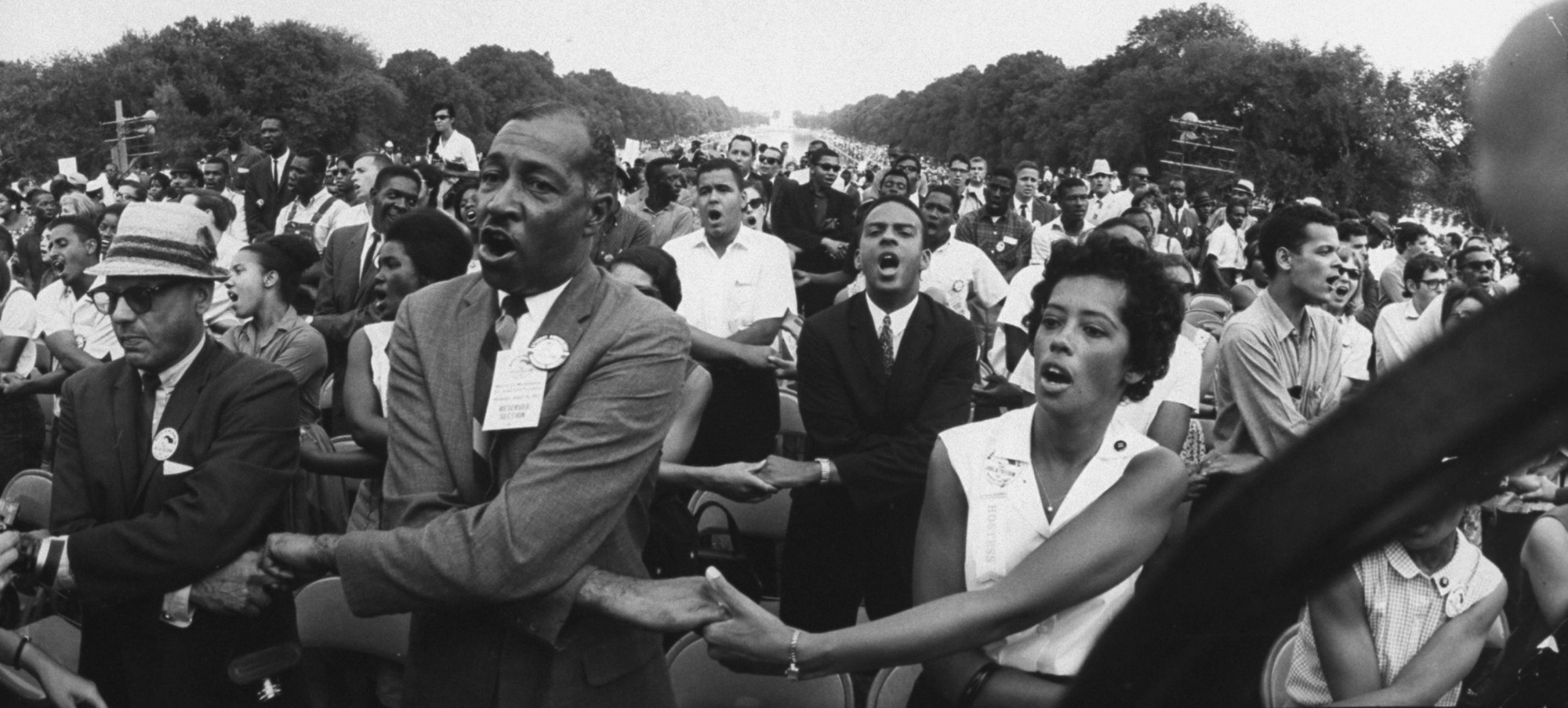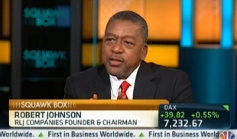Excerpts: Lisa Hall, President/CEO of Calvert Foundation, on the potential of impact investing to transform underserved communities
 Lisa Hall of the Calvert Foundation on Impact Investing: An In-depth Interview. Forbes.com. October 20, 2011.
Lisa Hall of the Calvert Foundation on Impact Investing: An In-depth Interview. Forbes.com. October 20, 2011.
….Rahim Kanani: How can we convince traditional investors to reevaluate their portfolios and consider social impact investing?
Lisa Hall: I thought about this a lot at the Congressional Black Caucus Foundation’s annual conference, where I spoke about impact investing and the widening wealth gap. During the past few years, our economy has suffered greatly and yet the wealth keeps building at the top. Impact investment creates a virtuous circle of empowerment, opportunity, and engagement by connecting investors, underprivileged individuals, and communities. We need more people to get involved in impact investing because it is a critical part of the solution to closing the wealth gap. ….
*******
Sixteen years ago, Calvert Foundation was born of a seemingly improbable idea: using investment dollars to help end poverty.
Today, investment banks describe impact investing as an “emerging asset class”;… the impact investing market is estimated to raise at least $500 billion in the next decade;…and according to Calvert Foundation’s recent research survey, 72 percent of financial advisors are interested in offering impact investing products to clients….
Impact investing is undoubtedly an idea whose time has come. As budgets of philanthropies and governments have shrunk, investment capital has come to be recognized as a tool that can address some of the world’s most pressing problems.…..


